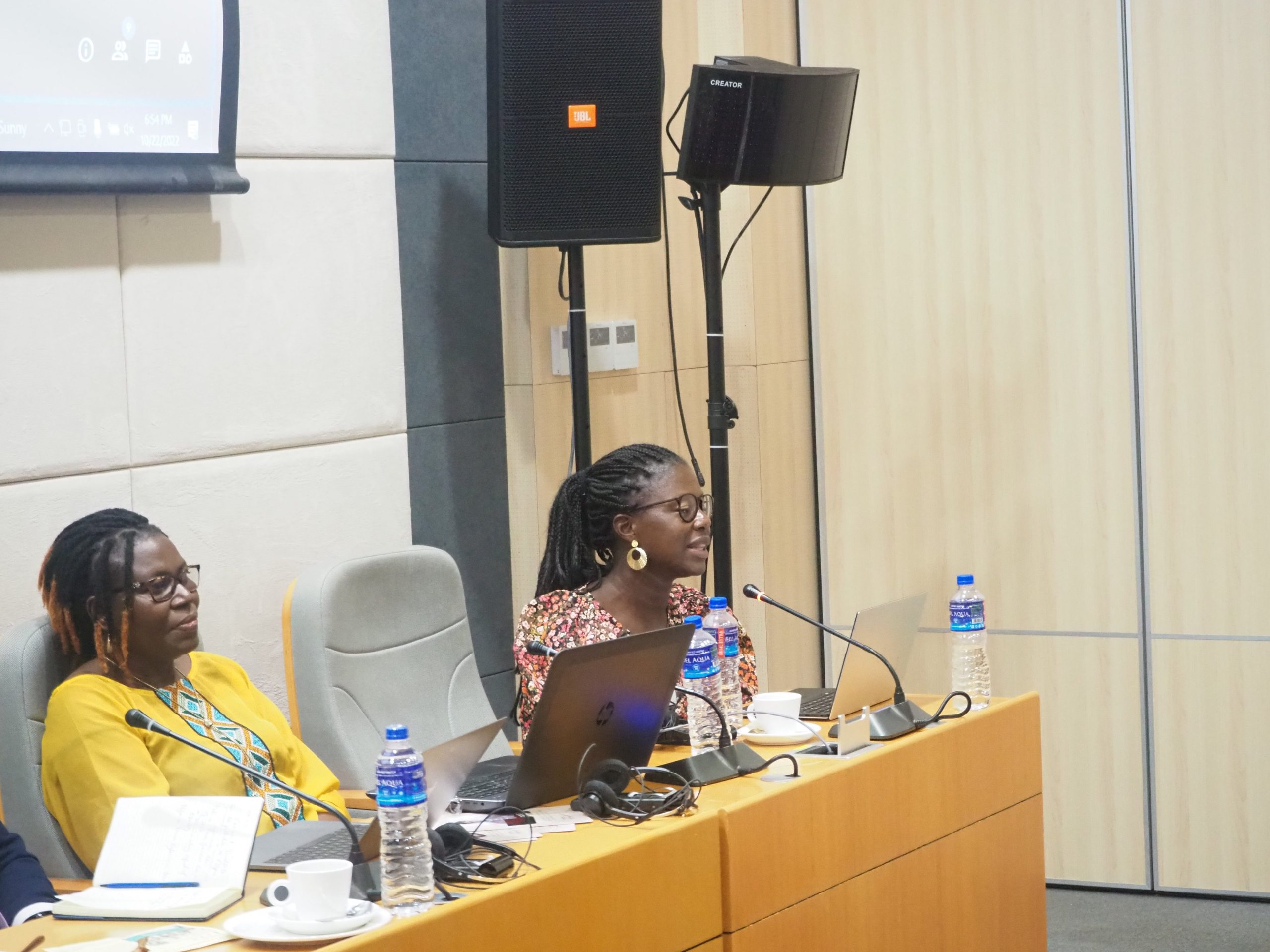
Iran: Human Rights Council must convene a special session
Fifty organisations urge the UN Human Rights Council to urgently convene a special session to address an unprecedented escalation in mass unlawful killings of protesters in Iran.
FIACAT

On 22 October the International Federation of Action by Christians for the Abolition of Torture (FIACAT), Agir Ensemble pour les Droits Humains (AEDH), Tournons la Page, Synergie Ukingo Wetu (SUWE) and SOS Information Juridique Multi Sectorielle (SOS-IJM) organised a side event on the state of civic space in Africa and how to better protect it.
The side event was the opportunity to discuss the current state of the protection of civic space in Africa and the best practices from the past years in the protection of defenders from different parts of the continent.
Indeed, as institutional weakening and rising authoritarianism undermine the democratic context, civic vitality appears to be a necessary safeguard against the radicalisation of some regimes. Civic voices are now perceived as a danger in a growing number of states, and although it has been more free and stronger over the past three decades, it is now being targeted, often in a roundabout way.
“When the government uses ‘national security’ as an excuse, it must be in a position to justify that the adopted measure to limit freedom of association is the measure with the least impact possible on that freedom” said Clément Voule, UN Special Rapporteur on Freedom of Association and Assembly.
In more and more countries in Africa, civil society is constrained, not being allowed to work on issues that are not those of the priority of the government and being silenced when raising their voices about issues affecting their rights.
“In light of what’s happening in Niger and in Zimbabwe, now is the right time for the African Commission to remind these governments to respect the rights of civil society and ensure the protection of their rights is in line with the African Charter” added Japhet Biegon, Africa Regional Advocacy Coordinator at Amnesty International.
Nevertheless, there has been some progress made on the continent to straighten the protection of defenders. Strong laws have been adopted in Côte d’Ivoire, Mali, Burkina Faso and most recently Niger and while the adoption is an important step, the implementation of these is as, if not more, important.
“These defenders’ laws are an incredible step forward for the protection of defenders at the national level and the implementation of the UN Declaration. However, adopting a law is not an end in itself. Ensuring that the national legal framework allows defenders to do their work safely, including through the repeal or amendment of restrictive laws, is equally important” said Adélaïde Etong Kame, ISHR Africa Programme Manager

Fifty organisations urge the UN Human Rights Council to urgently convene a special session to address an unprecedented escalation in mass unlawful killings of protesters in Iran.

In a landmark ruling against Burundi, the UN Committee against Torture has set a precedent on the protection of lawyers and human rights defenders engaging with UN mechanisms, affirming that reprisals for cooperating with the UN violate the Convention Against Torture.

Are you a human rights defender working on democratic backsliding and/or racial justice, keen to use the UN to push for change at home? If so, apply for the 2026 edition of ISHR’s flagship training, the Human Rights Defender Advocacy Programme (HRDAP)!